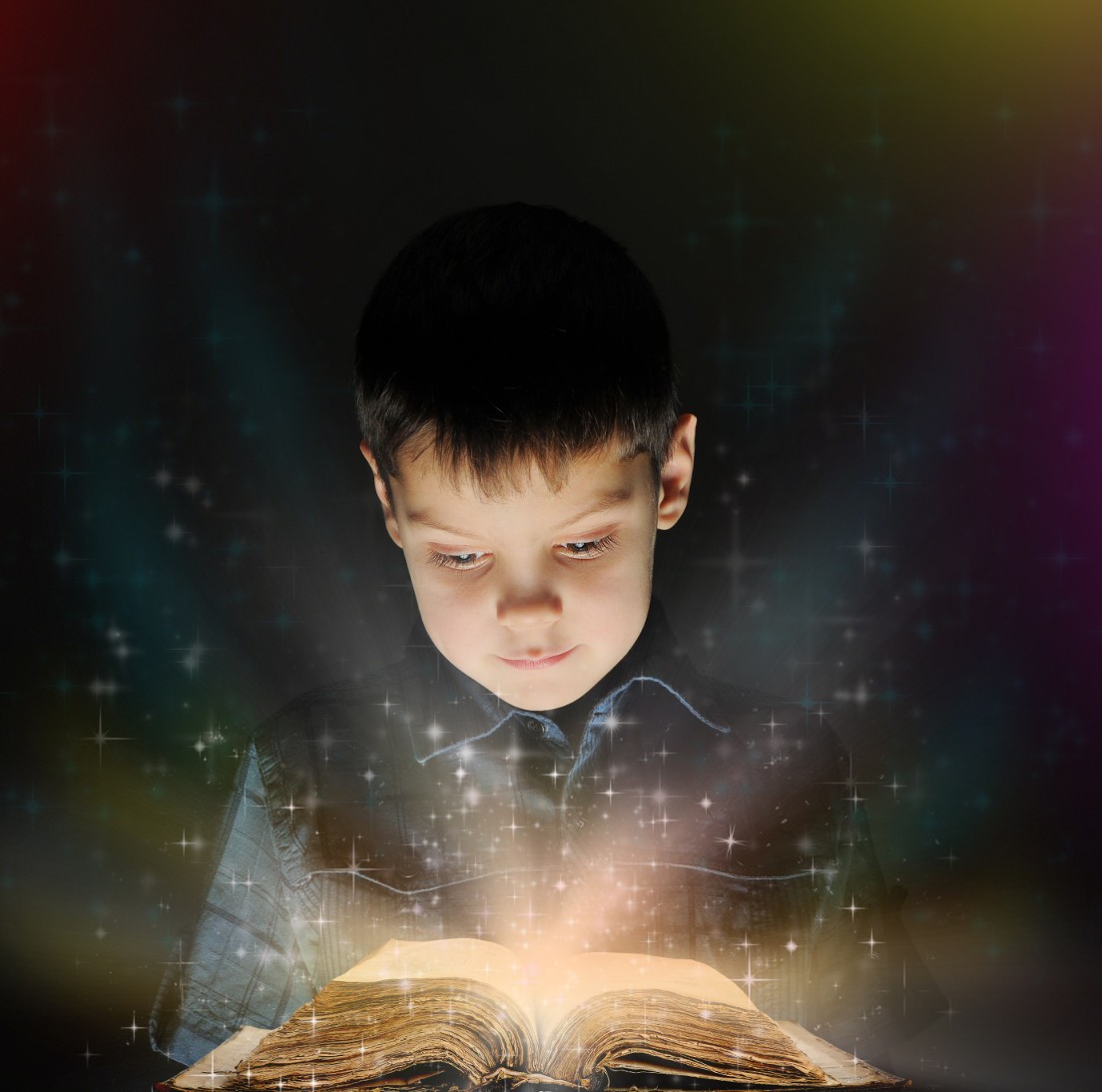What Can Fantasy Teach Me About Reality?

Who doesn’t love a good story?
Fiction is an indispensable part of the human experience. Without it, the world would be a dreary place. Imagination is essential for one’s sanity and happiness. But we always go into fiction with the understanding that what we’re experiencing isn’t real. Though we choose to suspend disbelief, there’s always that part of our brain that maintains the distinction between reality and fantasy. A vast unbridgeable chasm exists between the two: one is real, the other is not.
You might reasonably ask yourself, “what can fantasy teach me about reality?”
Fantasy teaches us about real people.
Though fictional characters are spun from the thread of dreams, their underlying natures are based on real people. Authors must always draw from a massive catalog of real-life experience; if what they want to write about can’t be found within its pages, it must be labeled as unbelievable and cast aside.
Fantasy is, in fact, an exhaustive study of humanity. It offers lessons from three unique angles:
- We learn about the characters. We’re privy to their thoughts, we observe their actions and we witness the ways in which they relate to others.
- We learn about the author. The way a storyteller’s characters think and act is a reflection of the storyteller himself. They can teach us about his cultural heritage, his upbringing, his prejudices, his interests, even how he might have gotten along with others. An artist’s creation is as much an expression of the artist as it is of the art itself.
- We learn about ourselves. Given that a realistic fictional character is based on authentic human nature, and that we are in fact real people, it stands to reason that we would find ourselves at least partially reflected in their image. We experience bits and pieces of ourselves in the characters we encounter, and we have the benefit of an outsider’s perspective. As a result, we discover more of who we are.
Fantasy teaches us to appreciate the extraordinary within the ordinary.
All good fiction no matter how whimsical is rooted in reality, because we can only relate to something that aligns with our understanding of the universe and how it works. There might be magic, but that magic is always governed by rules, and the basic laws of nature, though extended, always remain backward-compatible with our own. People don’t walk through walls or breathe under water unless they possess special powers, and in such cases they are the exception rather than the rule.
Unfortunately, we take reality for granted. Because it’s something we interact with every day, because it’s no longer new as it once was when we were children, we disregard it. Thankfully, fantasy reorients our perspective.
Free from that thin veneer of mundanity that ordinarily coats the surface of reality, we’re involuntarily struck by the raw beauty we encounter in the world of our dreams. We take these experiences with us and assimilate them into who we are. Gradually, we become accustomed to seeing things through the lens of childlike awe. Eventually, without ever realizing what’s happened, we rediscover the extraordinary that lies hidden just beneath the surface of the ordinary.
We become sensitive to the great emotional epics that play out within the confines of real relationships. Our hearts are smitten by the jaw-dropping beauty that manifests itself in real landscapes. We become aware of the magic that’s existed all along, operating under the name of Science. We become sensitive to a hidden splendor that’s always been accessible to us, but was until recently outside our once narrowed field of vision. Imagination is like a mirror: the mystery and wonder we encounter in fantasy is reflected back onto our perception of the world, flooding it with new light so that we can see the world anew.
Fantasy teaches us to accept difficult truths.
There are uncomfortable realities we prefer not to think about. We’re faced daily with poverty, hunger, war, mental illness, even the evil within ourselves. Life is much easier when we allow ourselves to forget that the world is a dark place. As a result, we erect mental walls when sensitive topics are broached. Our eyes glaze over and we assume the mental stance of a three year old, covering his ears and singing “la, la, la…”
Reading fiction is one way to become more receptive. Because stories aren’t real (at least on the surface), we have a much greater tolerance for controversial ideas. We open the gates and we allow the author’s beliefs to make a home inside our hearts.
Because good fiction is grounded in reality, it’s inevitable that we begin to apply these beliefs alongside our own. Like Inception, the ideas communicated through stories bubble up into our conscious minds as if they were our own. In this regard, artists wield a very real and profound power over the rest world, and therefore have a grave moral obligation to always tell the truth.
Fantasy teaches us how to approach and solve real problems.
Simply put, fantasy makes us better problem solvers. We observe how different kinds of characters respond to adversity, learn from them and apply what we learned to our own problems. Fantasy teaches us to be creative, to think “outside the box,” to be more adaptable.
Neil Gaiman cites an interesting example. In an article for The Guardian called Why our future depends on libraries, reading and daydreaming, he writes:
I was in China in 2007, at the first party-approved science fiction and fantasy convention in Chinese history. And at one point I took a top official aside and asked him Why? SF had been disapproved of for a long time. What had changed?
It’s simple, he told me. The Chinese were brilliant at making things if other people brought them the plans. But they did not innovate and they did not invent. They did not imagine. So they sent a delegation to the US, to Apple, to Microsoft, to Google, and they asked the people there who were inventing the future about themselves. And they found that all of them had read science fiction when they were boys or girls.
Conclusion: Fantasy is reality remixed.
Fantasy is only fictional on the surface. Humans may be capable of imagining things outside their immediate scope of experience, but they can only do so by forging new connections between existing ideas. Like so many songs on the market today, stories are nothing more than reality remixed.
If it’s not real, it won’t make sense. If it doesn’t make sense, we won’t connect with what we’re reading. And if we don’t connect with what we’re reading, we’re going to get frustrated and put the book aside.
In order to concoct convincing tales, authors must resort to unabashedly plagiarizing reality, and in the end all they can do in their never-ending quest for originality is to hope and pray that they were clever enough not to get caught.
Enter your email address and click "Submit" to subscribe and receive The Sign.
